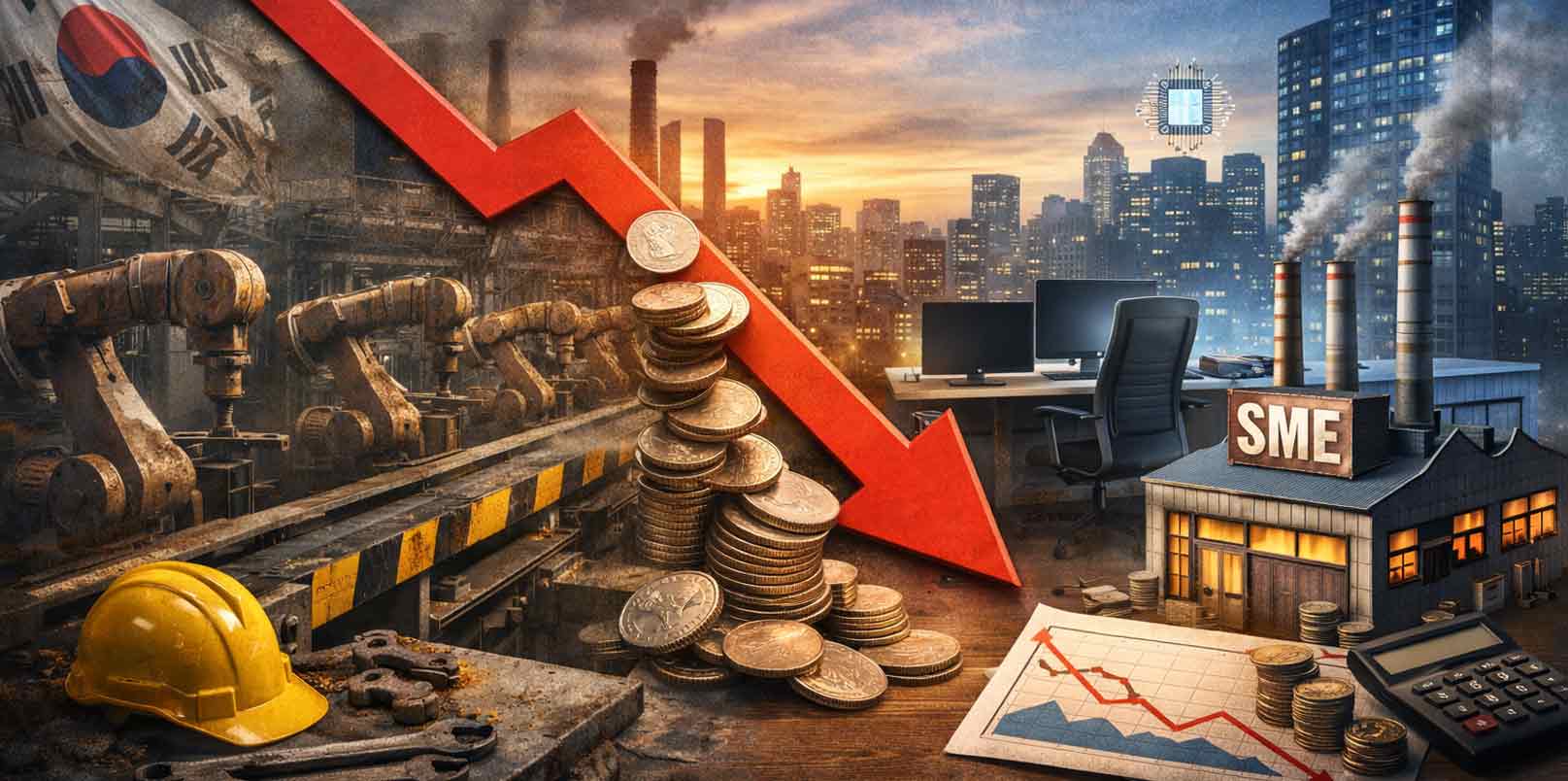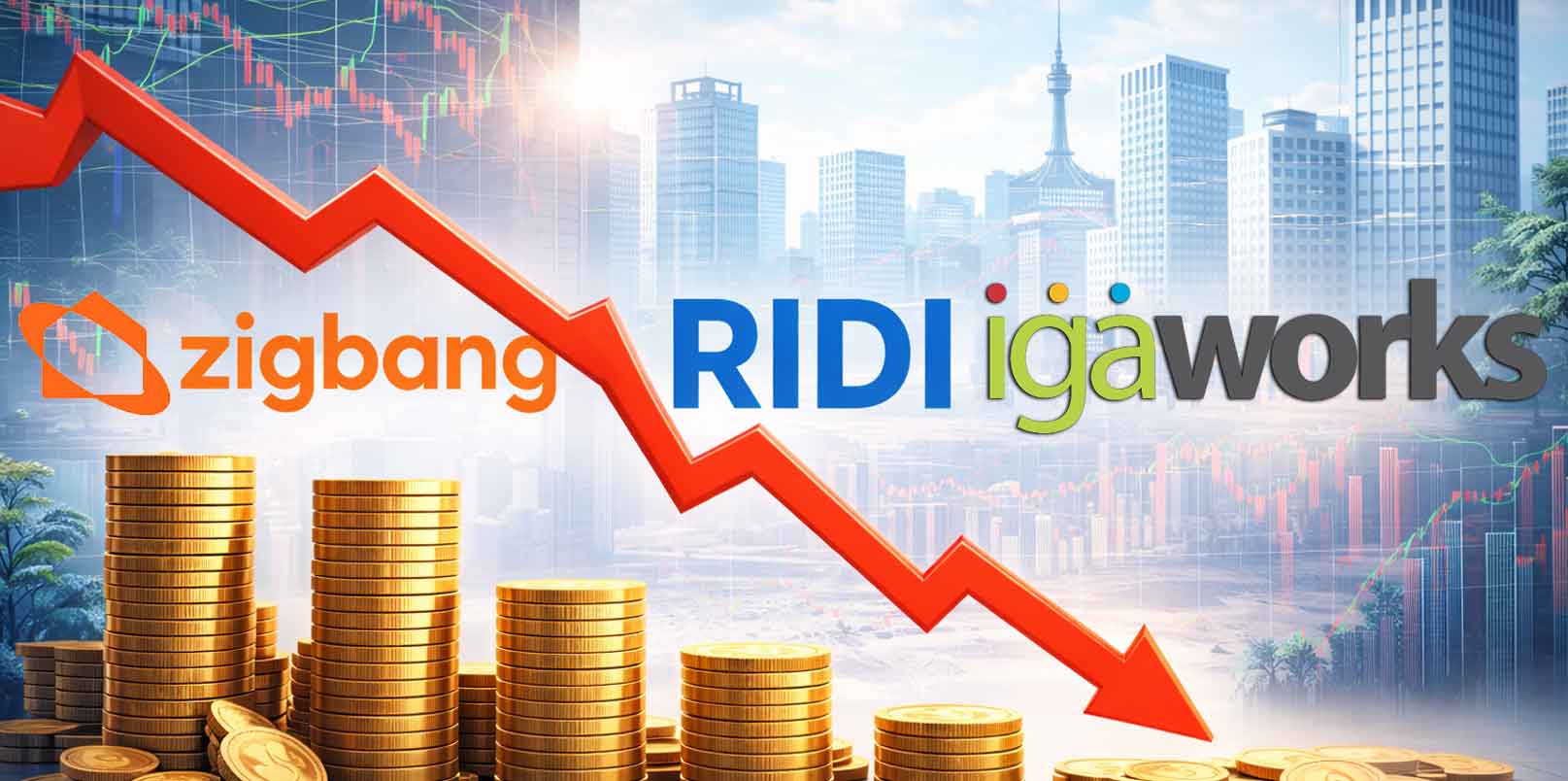In Silicon Valley, fundraising success rarely depends on who you know — it depends on how prepared you are. Global venture experts are reminding founders that raising capital is less about pitch decks and more about timing, readiness, and strategic momentum. Their insights carry new relevance for Korean startups eyeing cross-border growth and institutional funding.
Global Insights on Startup Fundraising Readiness
At the 2025 TechCrunch Disrupt conference in San Francisco, leading venture capitalists and accelerators offered candid assessments of why many startups fail to attract investors.
Ashley Paston, Partner at General Catalyst, said founders often approach investors before their companies are truly ready. She explained that the ideal fundraising window opens when a company is demonstrating record-high performance — for example, landing major clients or achieving its strongest quarterly results.
Founded in 2000, General Catalyst manages around USD 40 billion in assets and invests across early to growth stages worldwide. Paston stressed that readiness goes beyond optimism, noting:
“The first thing founders must confirm is whether they are prepared. They need clear revenue benchmarks, pilot customers, and real product-market fit before seeking funding.”
She warned that nothing discourages investors faster than “a messy stack of documents or a disorganized financial model.” Every data point should be precise and verifiable. Once fundraising begins, she added, founders must commit fully.
“Fundraising is all or nothing — there’s no halfway.
Once a founder sends materials to investors, the round has already begun. Any slowdown from that moment can be seen in the market as a sign of weakness.”
Timing, Focus, and Investor Psychology
Richard Munassi, Managing Director at accelerator Tampa Bay Wave, agreed that many founders underestimate the discipline behind fundraising. According to him, the most common mistake is launching a round without preparation — speaking with the wrong investors, misjudging timing, and misunderstanding how venture funding cycles operate.
He noted that global investors typically stay active from January through September, with fewer deals closing late in the year due to travel and budget resets. “Founders should plan their fundraising calendar around their company’s strongest performance period,” he advised.
Munassi also cautioned that venture capital is not suitable for every company. If a startup lacks a clear path toward USD 100 million in annual revenue within five to seven years, it may not fit traditional VC expectations.
How Perception Shapes Investor Interest
Sam Lee, CEO of SoroPath (소로패스), a corporate audit-automation startup, highlighted how presentation quality influences investor curiosity. Pitch decks, he said, are not meant to close the deal but to secure the meeting. Founders should craft concise slides that trigger questions rather than overwhelm investors with information.
Lee added that public relations must start early. Building media presence three to six months before raising funds can create the perception of scale and credibility. However, he warned against “manufacturing artificial PR momentum right before fundraising,” which often backfires by signaling desperation rather than confidence.
Camila Casanova, CEO of Ontop Strategy, reinforced this view. She called fundraising “an intense, short-term campaign,” advising founders to avoid stretching it over multiple quarters. “Constantly fundraising every few months sends the clearest signal that your company is weak,” she said.

Beyond Capital: What Korean Startups Must Learn from Silicon Valley
For Korea’s rapidly expanding startup scene — where early-stage founders increasingly seek global investors — these Silicon Valley lessons reveal a critical gap. While Korean startups are known for strong technological execution and rapid iteration, many still face challenges in strategic fundraising readiness: aligning financial data, securing anchor clients, and communicating global scalability.
As Korea promotes cross-border programs through agencies like KISED and the Ministry of SMEs and Startups (MSS), these insights underscore the need for investor-education programs that teach timing, storytelling, and data transparency — key ingredients for international capital trust.
The next evolution of Korea’s venture ecosystem may depend not only on innovation but on how effectively founders learn to raise at the right moment, with the right proof, for the right reasons.
The Quiet Discipline Behind Global Fundraising Success
In an age when venture capital has become global, preparation is the true currency of credibility. As Silicon Valley veterans remind the world, fundraising begins long before the first investor meeting — in how startups structure their metrics, narrative, and execution.
That is why if Korea’s founders are aiming to scale beyond borders, mastering that invisible rule may be the difference between surviving and leading the next global innovation wave.
🤝 Looking to connect with verified Korean companies building globally?
Explore curated company profiles and request direct introductions through beSUCCESS Connect.
– Stay Ahead in Korea’s Startup Scene –
Get real-time insights, funding updates, and policy shifts shaping Korea’s innovation ecosystem.
➡️ Follow KoreaTechDesk on LinkedIn, X (Twitter), Threads, Bluesky, Telegram, Facebook, and WhatsApp Channel.





